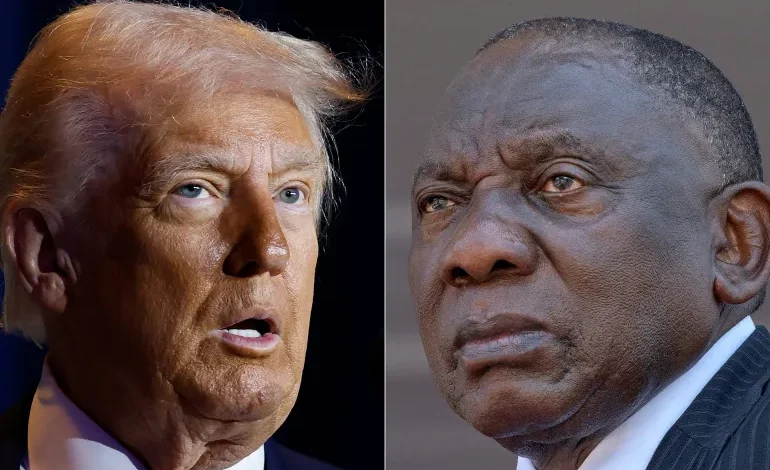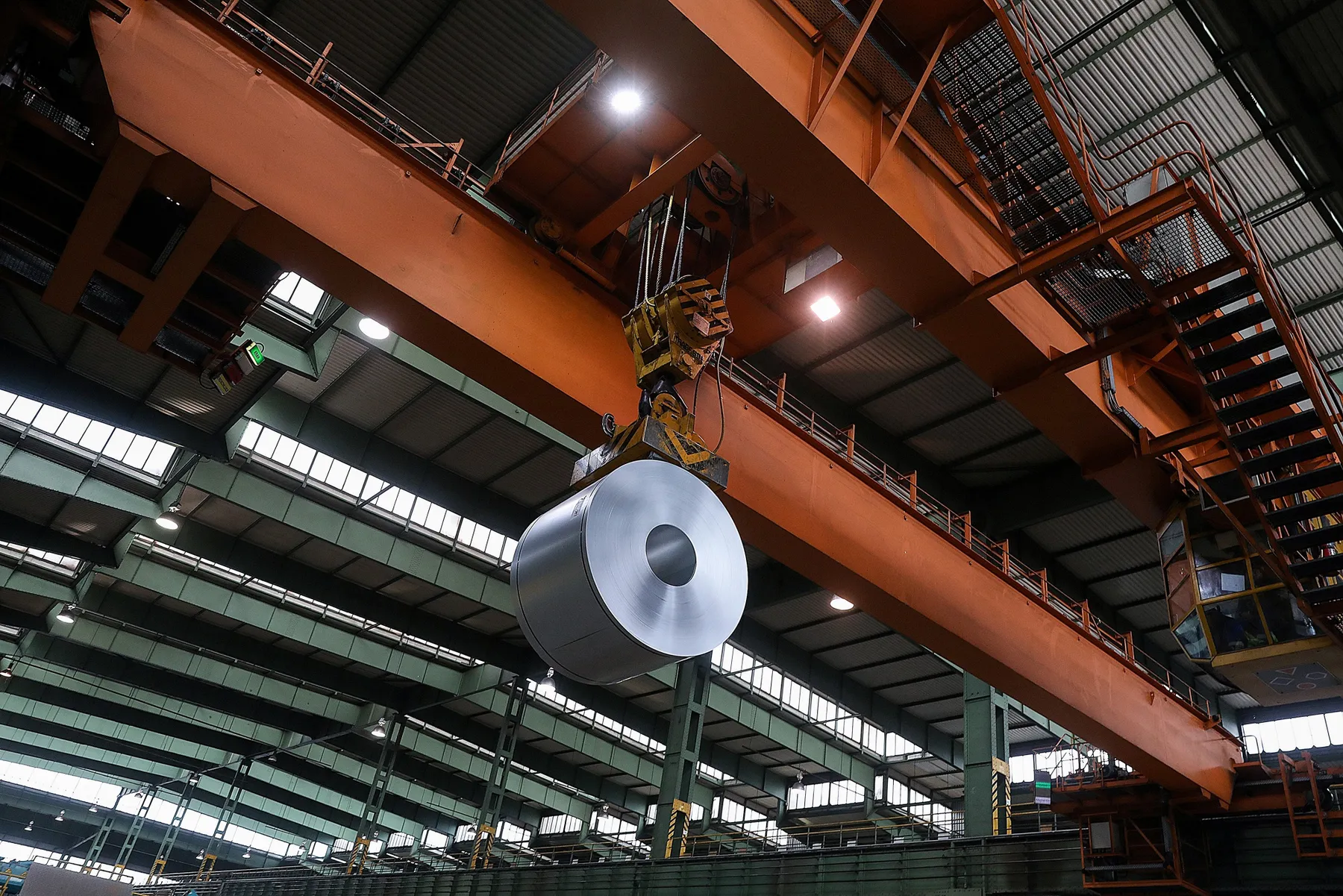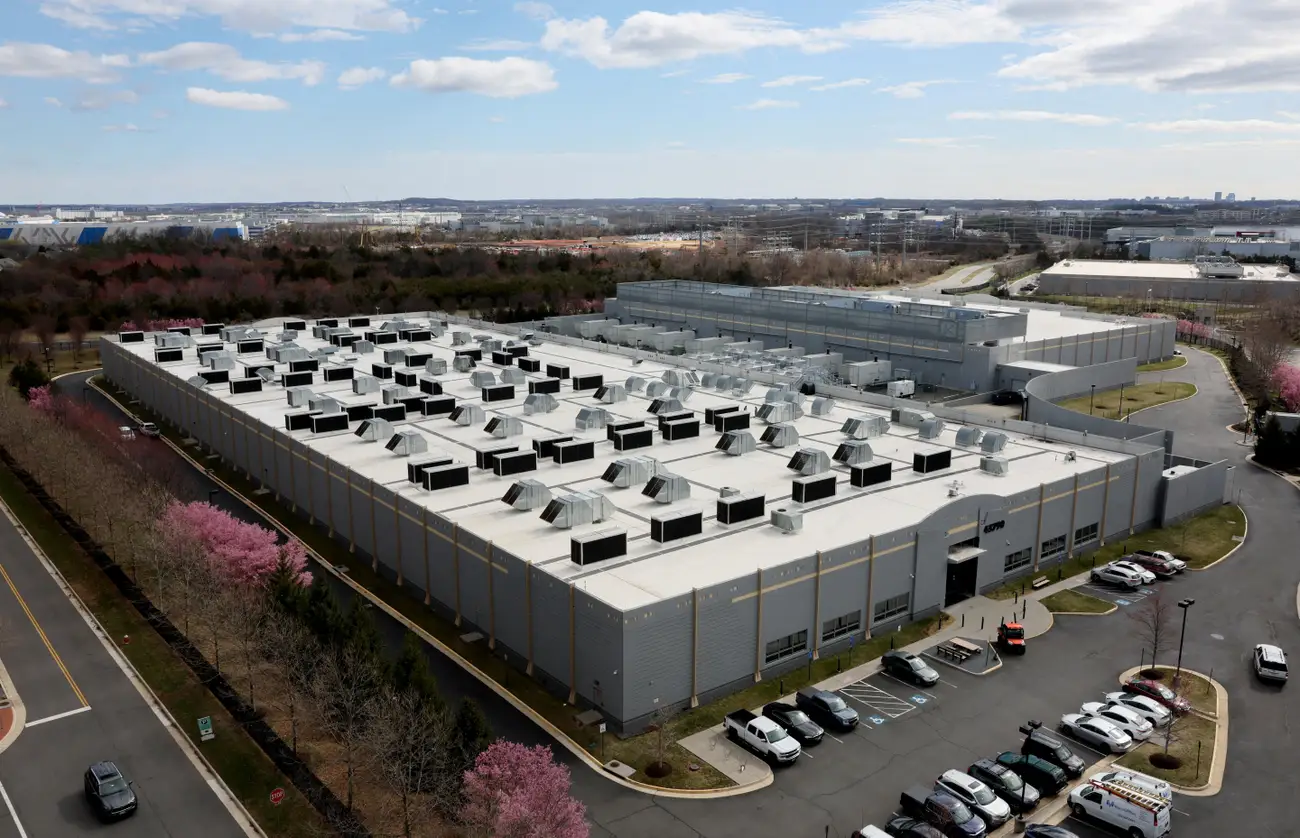US Freezes Aid to South Africa Over Land Expropriation Law

The United States has frozen aid to South Africa following an executive order signed by President Donald Trump on Friday, citing concerns over a controversial land expropriation law and broader foreign policy disagreements, Al Jazeera reports.
The executive order referenced the land expropriation law, which aims to address inequalities stemming from apartheid, as demonstrating a “shocking disregard” for citizens’ rights. It stated the law could allow the South African government to seize land, particularly from Afrikaner landowners, without compensation. The order also accused the South African government, led by President Cyril Ramaphosa, of pursuing policies that dismantle equal opportunity, using “hateful rhetoric,” and fostering violence against landowners.
President Trump’s order further cited South Africa’s “aggressive positions” towards the US and its allies, including accusations against Israel at the International Court of Justice (ICJ) and strengthened relations with Iran, as contributing factors to the decision.
“The United States cannot support the government of South Africa’s commission of rights violations in its country or its undermining United States foreign policy, which poses national security threats to our Nation, our allies, our African partners, and our interests,” the order stated.
The order also directed the administration to promote the resettlement of Afrikaners “escaping government-sponsored race-based discrimination.”
The US action follows a period of heightened tension between President Trump and President Ramaphosa regarding the land expropriation law. President Trump had previously accused the Ramaphosa administration of “confiscating land” and mistreating “certain classes of people.”
The law under scrutiny allows the government to seize land without compensation in specific circumstances deemed to be “just and equitable and in the public interest,” such as unused land, and after failed attempts to reach an agreement with the owner.
The African National Congress (ANC), led by President Ramaphosa, maintains that the law is necessary to redress historical imbalances in land ownership resulting from colonial settlement and apartheid. The government emphasizes that no land has yet been expropriated under the law.
South Africa’s largest opposition party, the Democratic Alliance (DA), has criticized the law, citing concerns about property rights and foreign investment. While the DA has voiced concerns about President Trump’s threats, they also deny that the law allows for arbitrary land seizures.
Land ownership remains a sensitive issue in South Africa due to the legacy of apartheid. While Black South Africans constitute over 80% of the population, they own only 4% of privately owned farmland. White South Africans, who make up about 7% of the population, hold around three-quarters of the land.
This freeze in aid coincides with a broader effort by the Trump administration to reduce foreign assistance, including restructuring USAID. In 2023, the United States allocated approximately $440 million in assistance to South Africa.









The latest news in your social feeds
Subscribe to our social media platforms to stay tuned